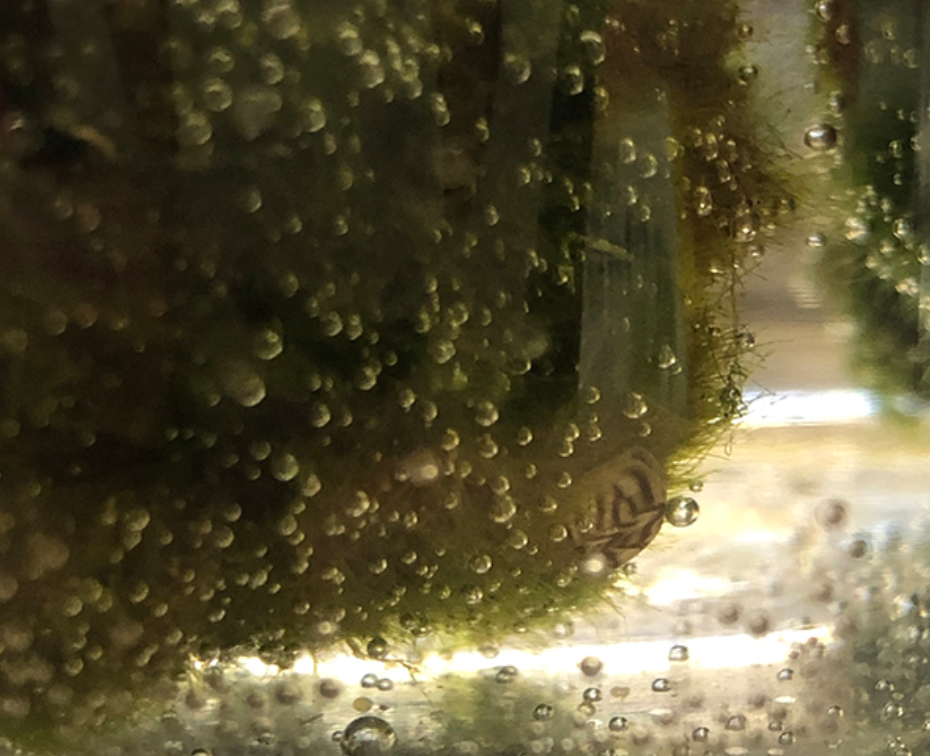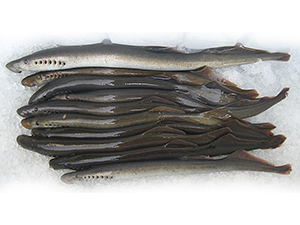Fish Report
Invasive zebra mussels found in aquarium product sold at aquarium and pet supply stores

by OR Department of Fish & Wildlife Staff
3-4-2021
Website
Pet stores urged to remove product from shelves; consumers should follow disposal directions
SALEM, Ore.—Wildlife agencies are urging pet and aquarium stores to remove “Betta Buddy Marimo Ball,” a moss plant for aquariums, after invasive zebra mussels were discovered inside the product.
ODFW was recently alerted about this situation after hearing about a Seattle PetCo employee finding the zebra mussels attached and inside “Betta Buddy Marimo Ball” moss plants. ODFW’s Invasive Species Program supervisor also visited a store in the Salem area today and found viable zebra mussels in the product (see photos below). These stores have since removed the product from their shelves.
Consumers are also urged to stop buying this product and to safely dispose of it by either freezing or boiling the moss ball before disposing of it in the trash (do not flush down toilet or throw outside as mulch). For your aquarium, after removing the fish, apply household bleach (one cup of bleach per gallon of water) and let it set for 10 minutes before disposing of water down sink or toilet. Also disinfect filters, gravel and structures with a solution of bleach before disposing of the water down the toilet.
The concern is that live mussels released into a storm drain or flushed could be introduced into a waterway.
“We urge all pet stores to immediately remove this product from their shelves,” said Rick Boatner, ODFW Invasive Species Program supervisor. “Our concern is that invasive mussels from this product could get into the wild, start a population and do serious damage.
Another concern is that we might pick up tissue from the invasive mussel in the water when we sample, which could give us a false positive eDNA (environmental DNA) test,” he added.
Zebra and Quagga mussels can quickly take over once they get established in a waterbody. They will cause disruption of the food chain, change the chemistry of the water (which can cause more blue green algae outbreaks or offensive taste) and clog water intake and delivery systems for drinking water, irrigation and hydro power.
Currently, Oregon and the Pacific Northwest are free of zebra or Quagga mussels, thanks to a monitoring program that requires watercraft to be inspected when entering Oregon, https://myodfw.com/articles/waterway-access-and-aquatic-invasive-species-permits
ODFW and other state and federal fish and wildlife agencies are working together to address this development.


